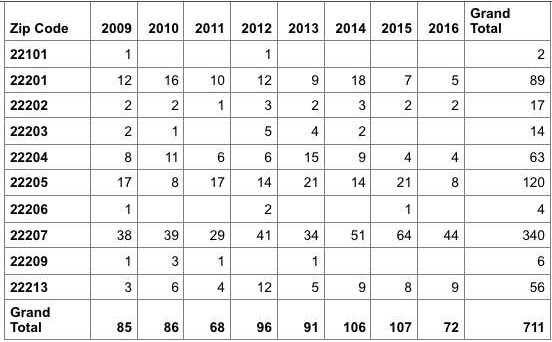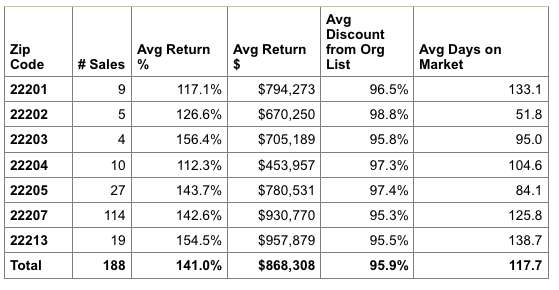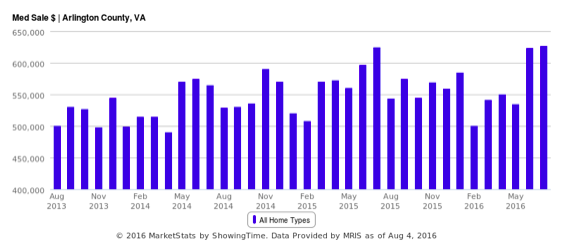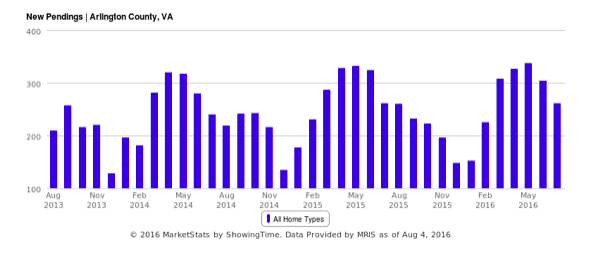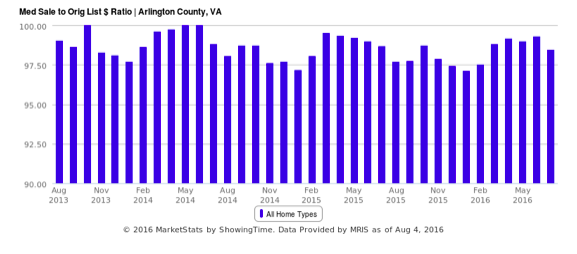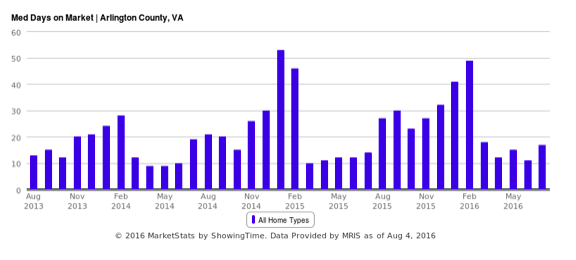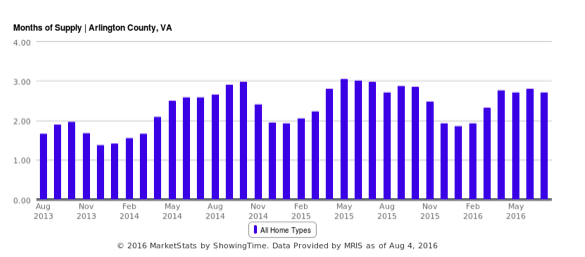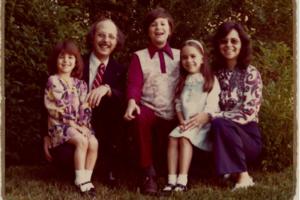
This regularly-scheduled sponsored Q&A column is written by Eli Tucker, Arlington-based Realtor and Rosslyn resident. Please submit your questions to him via email for response in future columns. Enjoy!
Where is it? Bluemont is ideally located walking distance from the urban centers of Ballston and Clarendon, but with quieter residential streets filled with single family homes. It’s bordered by Glebe Rd/Ballston to the east, Four Mile Run/Bon Air & Bluemont Parks to the west, Rt 66 to the north (and a small section north to Washington Blvd), and N Carlin Springs Rd to the south. Bluemont hosts multiple parks, the popular Pupatella Italian restaurant, and Arlington Traditional Elementary School. Most homes in Bluemont were built between 1940 and the early 1950s, but the neighborhood is experiencing the replacement of older homes with large new homes, Arlington’s most popular housing trend.
 About the interviewee: I had the pleasure of interviewing Don Kautter, a 12-year Bluemont resident, who was born in Arlington and grew up in Chantilly. Prior to moving to his “forever” home in Bluemont, Don lived in Fairfax and then Ballston’s Lexington Square condos. Don is a Microbiologist for the FDA in College Park, MD, with a grad degree from U of Maryland (Terps!). Since purchasing his home in 2004, he’s made quite a few updates including remodeling the bathrooms and adding a new roof and deck.
About the interviewee: I had the pleasure of interviewing Don Kautter, a 12-year Bluemont resident, who was born in Arlington and grew up in Chantilly. Prior to moving to his “forever” home in Bluemont, Don lived in Fairfax and then Ballston’s Lexington Square condos. Don is a Microbiologist for the FDA in College Park, MD, with a grad degree from U of Maryland (Terps!). Since purchasing his home in 2004, he’s made quite a few updates including remodeling the bathrooms and adding a new roof and deck.
Why did you move to Bluemont? I loved the urban/suburban blend that it offered. I could walk to the metro, grocery store, parks, and restaurants but live in a single family home w/ a small yard for my dog. I commute to College Park, MD for work, so being close to major roads was important, but I can’t hear or see them. It’s walk, bike, car, and public transit friendly!
What are you favorite restaurants? I’m a regular at Layalina, a fantastic Syrian restaurant, just a few blocks away. It’s authentic, great food! I also love Cheestique in Ballston and, of course, the Italian Store in Westover.
Do you consider Bluemont an active community? Absolutely! Neighbors are always riding bikes, jogging, and walking dogs. I take my dog on a walk every day along the Custis Trail and through the Bon Air Park Rose Garden, her favorite spot. I belong to the nearby Planet Fitness and there are a ton of gyms and studios down the road in Ballston.
Do you use public transit? Yes, lots of people do. The Ballston Metro is a short walk and there are three ART buses and an Arlington Transit bus that run every 10-15 min. Arlington does a good job of putting non-metro public transit into residential neighborhoods.
What will the next 10-15 years bring? I expect small, old homes to continue being replaced by larger, new homes, which drives up home values, but we lose some of the cuteness/history that I enjoy. If done right, the Ballston (Mall) Quarter re-development will be transformational. I hope to see development continue west down Wilson Blvd, particularly improvements to the Safeway.
What’s the personality of the community? I’ve had an extremely positive experience here and there’s a long-range family feeling amongst the neighbors. Even though we’re in separate homes, you never feel like you’re alone. There’s constant outdoor activity, especially kids because parents feel safe letting them run around. My street has a block party every year. It’s like a little slice of America!
A quick look at some Bluemont housing stats:
Volume: An average of 45 homes sell each year
Growth: The average sold price price in 2014 = $720,000 Average sold price in 2015 = $754,000 and current 2016 average sold price = $771,000
Pace of Sales: Since 2011, the average days on market is 41 days, but the median days on market is only 11 days
Discounts: On average, there’s a 3.7% discount of the original list price
Three Bedrooms: 40% of homes sold have three bedrooms (about 25% across Arlington). Investors target them, but many are priced too high to turn a profit and great starter-home options.
Thank you for the interview Don!
If you’d like a question answered in my weekly column, please send an email to [email protected]. To read any of my older posts, visit the blog section of my website at http://www.RealtyDCMetro.com.
Eli Tucker is a licensed Realtor in Virginia, Washington DC, and Maryland with Real Living At Home, 2420 Wilson Blvd #101 Arlington, VA 22201, (202) 518-8781.



